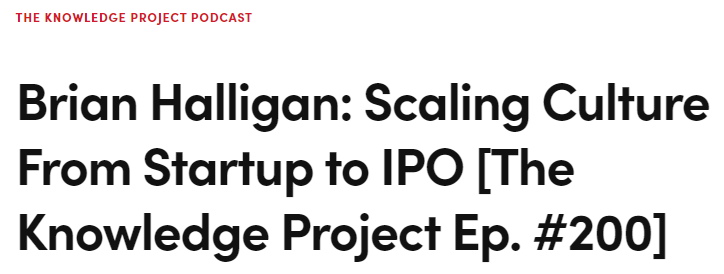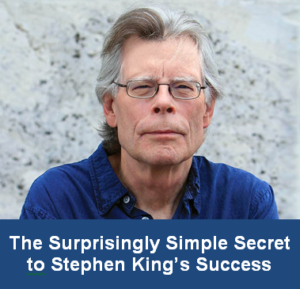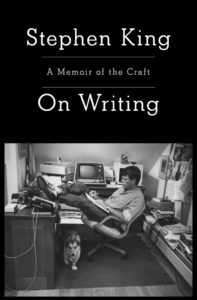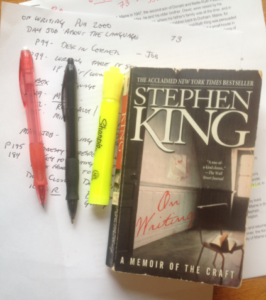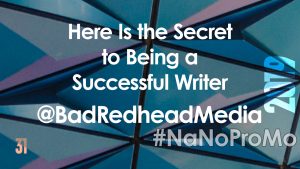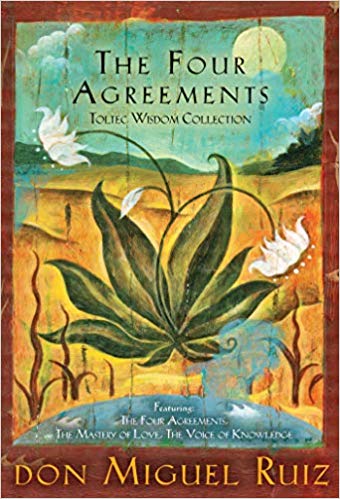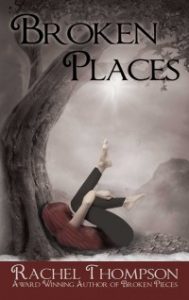 This post is part of a new direction at Dyingwords.net where I find lifestyle topics that interest and resonate with me in my Stoicism journey, and I think they might do the same with you. These posts aren’t sent out on my bi-weekly mailing list notification every second Saturday morning. Rather, I just publish them on the blog and if they’re found, they’re found. Sort of like notes to myself with attributions to the originator.
This post is part of a new direction at Dyingwords.net where I find lifestyle topics that interest and resonate with me in my Stoicism journey, and I think they might do the same with you. These posts aren’t sent out on my bi-weekly mailing list notification every second Saturday morning. Rather, I just publish them on the blog and if they’re found, they’re found. Sort of like notes to myself with attributions to the originator.
I get a weekly newsletter from Shane Parrish who hosts Farnam Street which I think is one of the best motivational and introspective sites on the internet. This morning his podcast guest was Brian Halligan, the founder and CEO of HubSpot. During their conversation, Brian mentioned a quote by music legend, James Taylor. It went, “The secret to life is to enjoy the passage of time.”
Talk about powerful. I Googled the phrase and found this short piece on The Daily Quoter Substack. With full attribution to the host, here’s what they said:
James Taylor, the iconic singer-songwriter known for his introspective lyrics and soothing melodies, once penned a line that has resonated with generations: “The secret of life is enjoying the passage of time.” While seemingly simple, this statement holds immense depth and offers a powerful perspective on how to approach our often-fleeting existence.
Taylor’s message isn’t about hedonism or chasing fleeting pleasures. It’s about cultivating a deeper appreciation for the present moment, the very act of being alive, and the ever-changing tapestry of experiences that make up our life journey. It’s a gentle nudge to shift our focus from the anxieties of the future and regrets of the past to the vibrant possibilities unfolding right now.
But how do we truly “enjoy the passage of time”? Here are some key takeaways from Taylor’s wisdom:
Embrace the Present
We often get caught up in planning for the future or dwelling on the past. However, the only moment we truly have control over is the present. Mindfulness practices like meditation or simply focusing on our five senses can help us anchor ourselves in the here and now, appreciating the sights, sounds, and sensations around us.
Find Joy in the Everyday
Taylor reminds us that “any fool can do it.” Enjoying the passage of time doesn’t require grand adventures or expensive outings. It can be as simple as savoring a cup of coffee, noticing the beauty of a sunset, or connecting with loved ones in meaningful conversations. Cultivating gratitude for these everyday moments fosters a sense of contentment and appreciation for the simple joys of life.
Let Go of Control
The human tendency is to control everything, but the reality is that life is inherently unpredictable. Accepting this and learning to flow with the changes, both expected and unexpected, can significantly reduce stress and allow us to find joy in the unfolding journey.
Find the Ride in the Glide
Taylor uses the metaphor of “sliding down a hill” to describe our journey through life. We might not know where we’re headed, but we can choose to enjoy the ride! This perspective encourages us to embrace the adventure, bumps and all, and find amusement and wonder in the unknown.
Open Your Heart and Connect
While Taylor primarily focuses on individual enjoyment, true fulfillment often comes from connecting with others. Opening our hearts to love, compassion, and genuine connection adds another layer of richness to the experience of life.
Ultimately, James Taylor’s “secret” isn’t a secret at all. It’s a gentle reminder to slow down, appreciate the present, and find joy in the ordinary. By adopting this perspective, we can transform our everyday experiences into a meaningful and fulfilling journey, one moment at a time.
And to quote Brian Halligan, “Set yourself up to enjoy the passage of time.”

